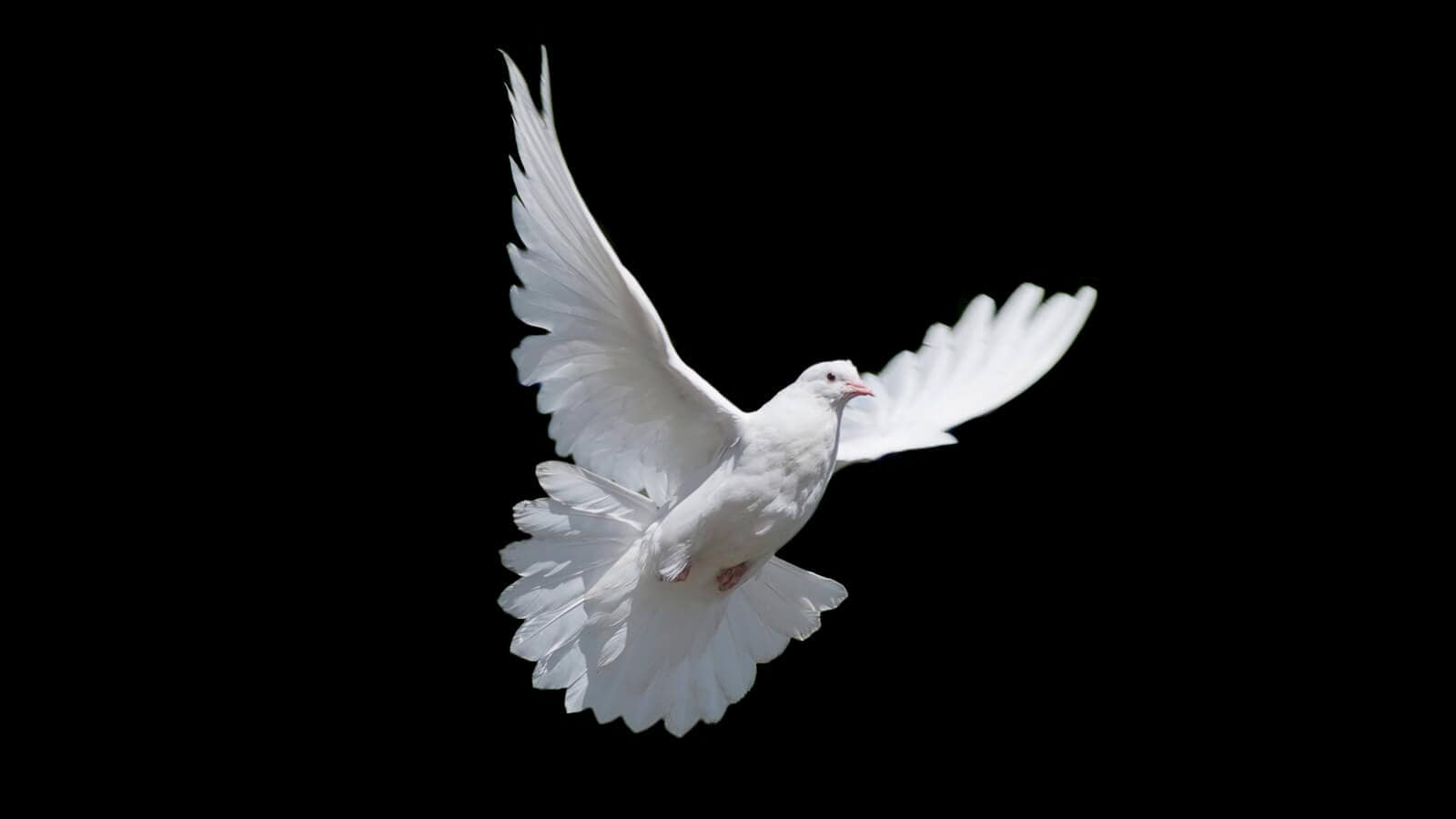arianne Williamson is an internationally acclaimed author and lecturer. She has published nine books, four of which—including A Return to Love and Everyday Grace—have been #1 New York Times bestsellers.
In addition to her work as an author, lecturer, and radio host, Marianne is the founder of The Peace Alliance, a grassroots campaign supporting legislation currently before Congress to establish a U.S. Department of Peace. As she explains, while doing research for Healing the Soul of America Marianne delved deeply into the works of both Mahatma Gandhi and Martin Luther King, Jr., and was thrilled at the way they applied spiritual principles to the political circumstances of their time and place, both with a well-known insistence on nonviolent forms of change. The Peace Alliance is a natural extension of this tradition of spiritually-informed social activism, and hosted the 2007 Department of Peace Conference just a few short days after this episode originally aired, with stars such as Steven Tyler and Joaquin Phoenix, and past Integral Life guests Deepak Chopra and Michael Beckwith, among others.
Marianne’s own spiritual background is rooted in A Course in Miracles, and when she came out with Healing the Soul of America—which dealt directly with the social and political dimensions of life—some people complained, “She doesn’t talk about The Course anymore.” Of course, it wasn’t that she was no longer talking about spiritual principles, but that she was applying them to larger contexts. After all, if knowledge of Spirit by whatever name cannot help us address the hard questions of violence, poverty, disease, war, famine, and so on, then what use is it, really?
In the spirit of “asking the hard questions,” Bert inquires how Marianne believes the principle of nonviolence might function in some of the more brutal environments humankind has had to endure, such as Nazi Germany or Stalinist Russia. Scholars and historians have at times suggested that one of the crucial factors in the success of Mahatma Gandhi and Martin Luther King, Jr. was that they used nonviolent forms of protest against governments that, although still entangled in colonial and/or racist practices, nonetheless had a strong foothold in modern, rational, worldcentric values and ethics. When, as the saying goes, push came to shove, neither the British or American national conscience was willing to physically dominate and crush human beings engaged in nonviolence, no matter how problematic their demonstrations became. The difficult question is thus: what if the powers that be have no such conscience? We all know that such regimes have existed in the past, exist today, and will unfortunately still be there tomorrow. So how can we apply our spiritual and social conviction in nonviolence given such horrific circumstances?
Here Marianne and Bert make the crucial distinction between absolute truth and relative truth. Absolute truth is that, as Marianne says, “It doesn’t matter the size of the hole in the ocean, the form of the hole in the ocean, the shape of the hole in the ocean, all that matters is that the ocean is allowed to pour back in”—and here that ocean is pure healing Love and Light, entirely beyond the world of form. Relative truth is that some holes are bigger, darker, and nastier than others, and so you have to be smart about the manner in which you go about expressing views that could land you in very hot water with that pathological system. As Marianne and Bert agree, the principle and practice of nonviolence is based in both absolute and relative truth, and to be as compassionate, embracing, and integral as possible, you must include both. (And on the relative side of the street, the Integral Approach appears to be the most complete and comprehensive way to engage and transform the human condition, which has many, many spiritual teachers, thought leaders, educators, doctors, authors, entertainers, and yes, politicians, very excited.)
After discussing the role of nonviolence in dealing with genocide and the crisis in Darfur, Marianne ends by sharing one of her own “integral” practices, recognizing both absolute and relative truth: when holding someone like a terrorist or a murderer in mind during prayer or meditation, you can “spiritually quarantine” them with an impenetrable golden egg of light. Nothing harmful can break through to do you harm, and the radiant clarity of their own True Nature is reflected back to them over, and over, and over again….
This is not a dialogue about easy answers; it’s a dialogue about grappling with the life we have been given, and the freedom to choose how we exist in this world. We’d be honored if you joined us in this incredibly important conversation….
Reflections

Become a member to access the full episode
Start building your big picture mind & support the global emergence of Integral consciousness

“Integral Life is the most important and globally-relevant platform for the leading edge of Integral consciousness evolution”
– Eugene P.
About Marianne Williamson
Marianne Williamson is an internationally acclaimed lecturer, activist and author of four #1 New York times bestselling books. She has been one of America’s most well known public voices for more than three decades. On January 29, 2019, she announced her campaign to seek the Democratic nomination for the 2020 United States presidential election.
About Bert Parlee
Bert is a clinical psychologist, executive coach, leadership training and YPO facilitator, and former Chief of Staff of Ken Wilber’s Integral Institute. While still serving clinical populations, Bert’s current workload usually consists of assisting executives and executive leadership teams in their efforts to secure next levels of performance. Prior to his graduate work in psychology and psychotherapy, Bert’s undergraduate honors degree was in political science with an emphasis on International Relations.

